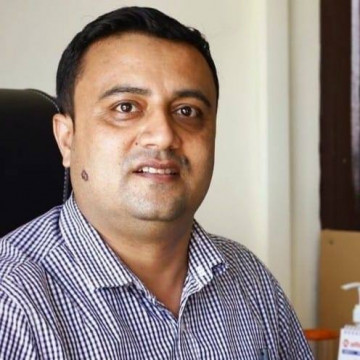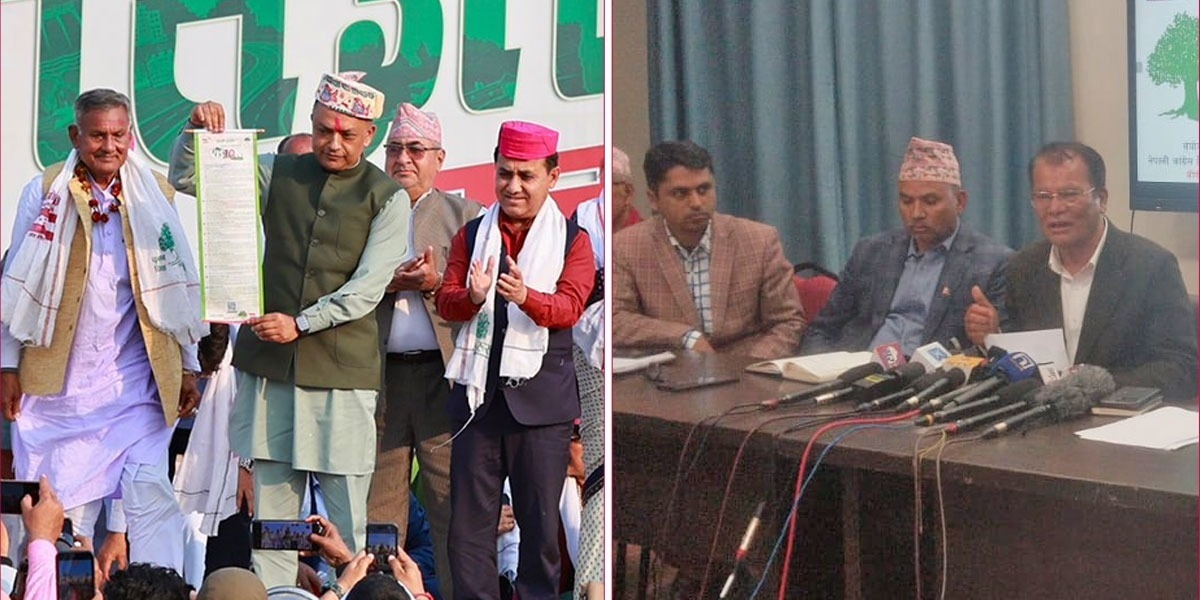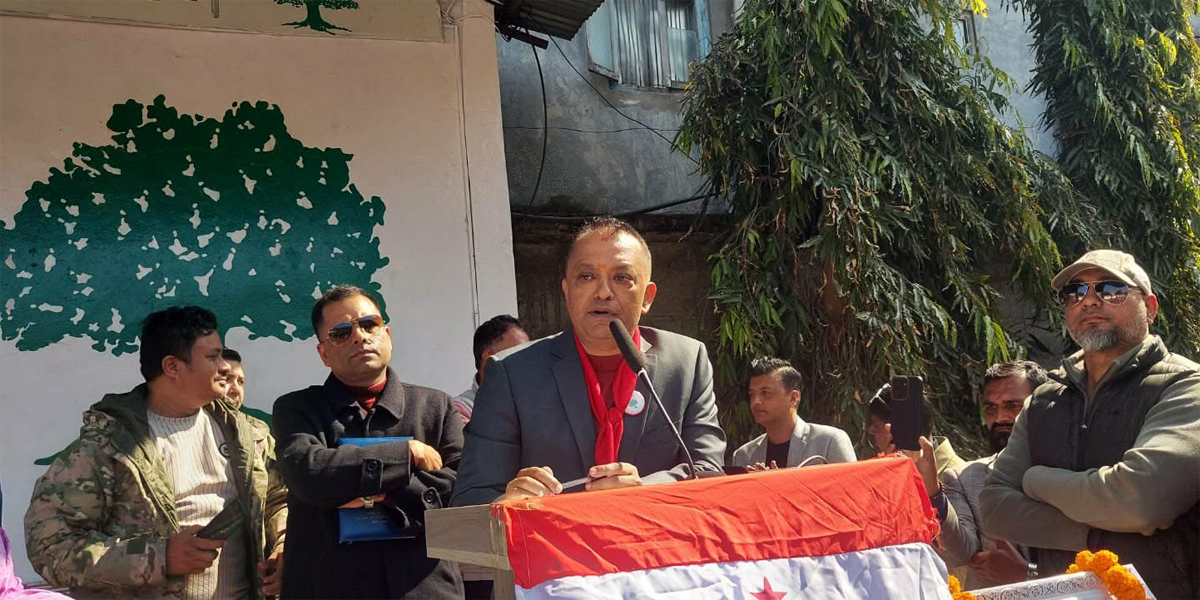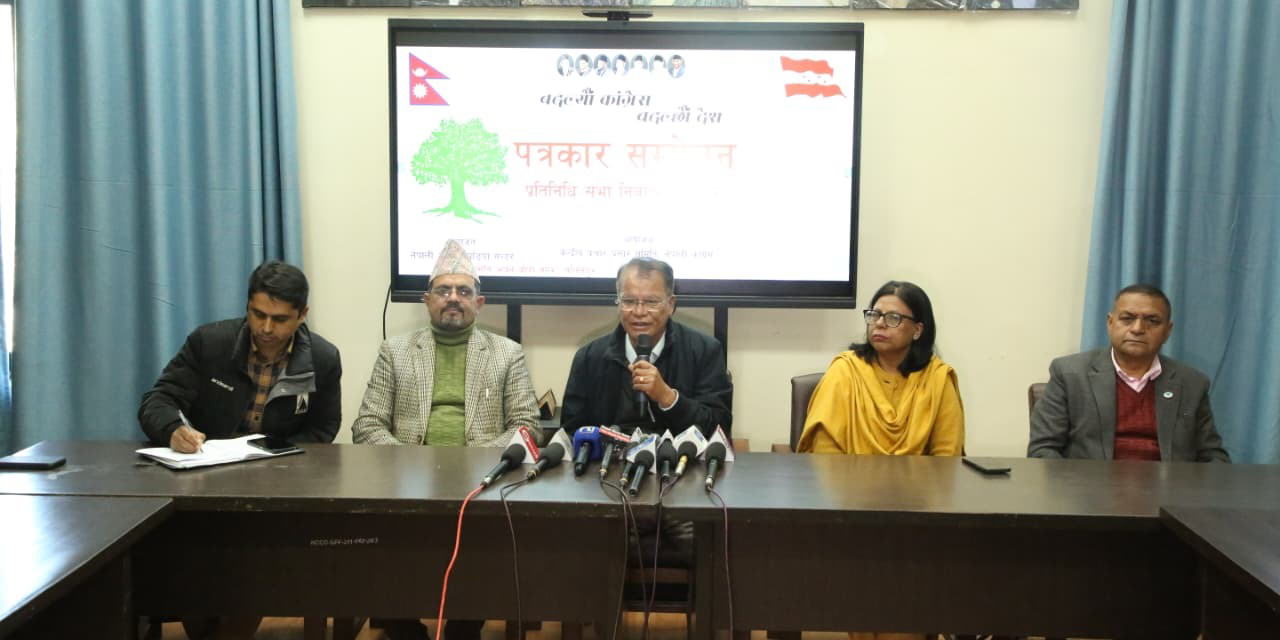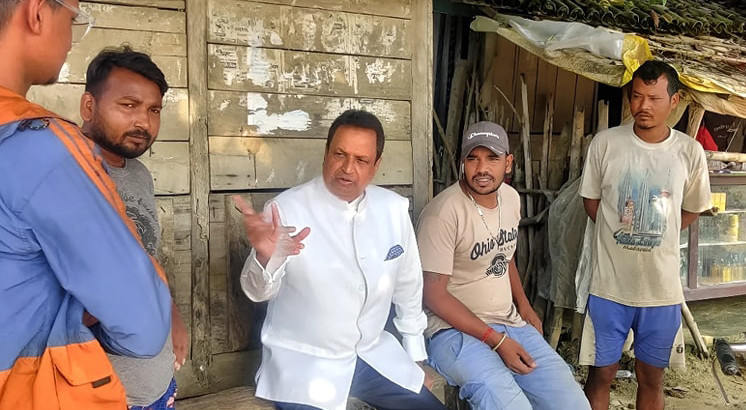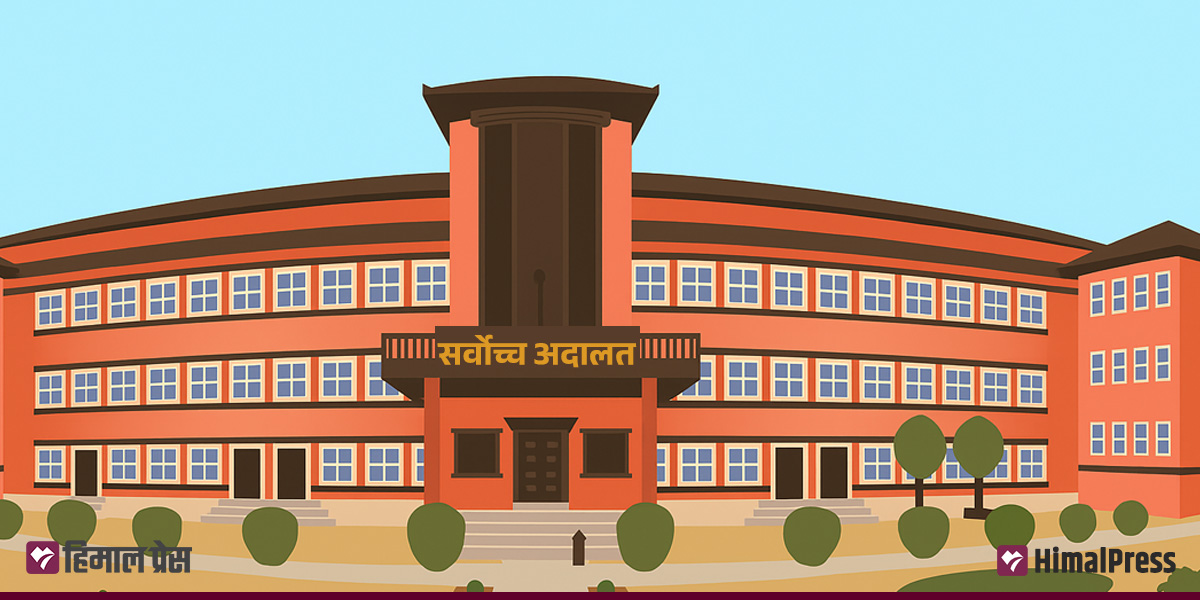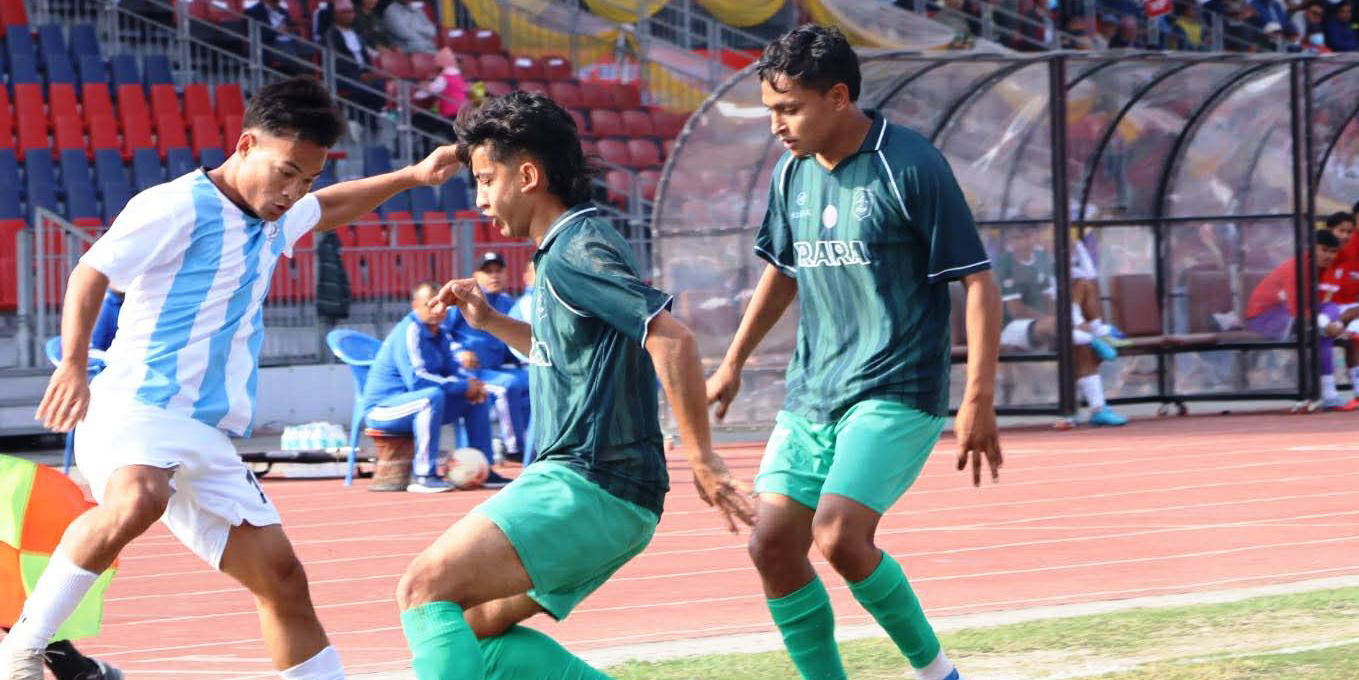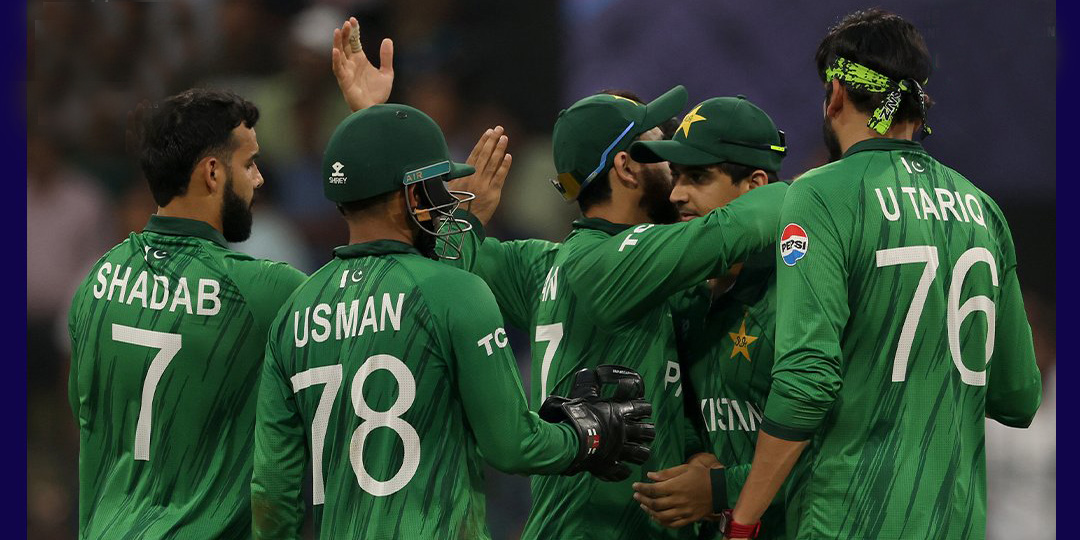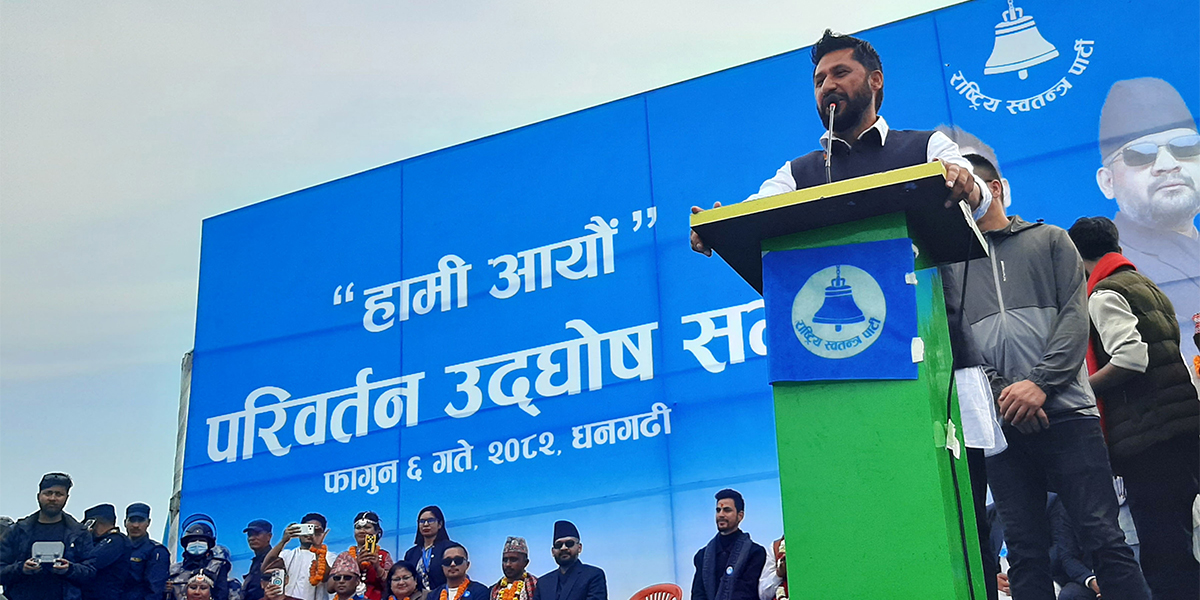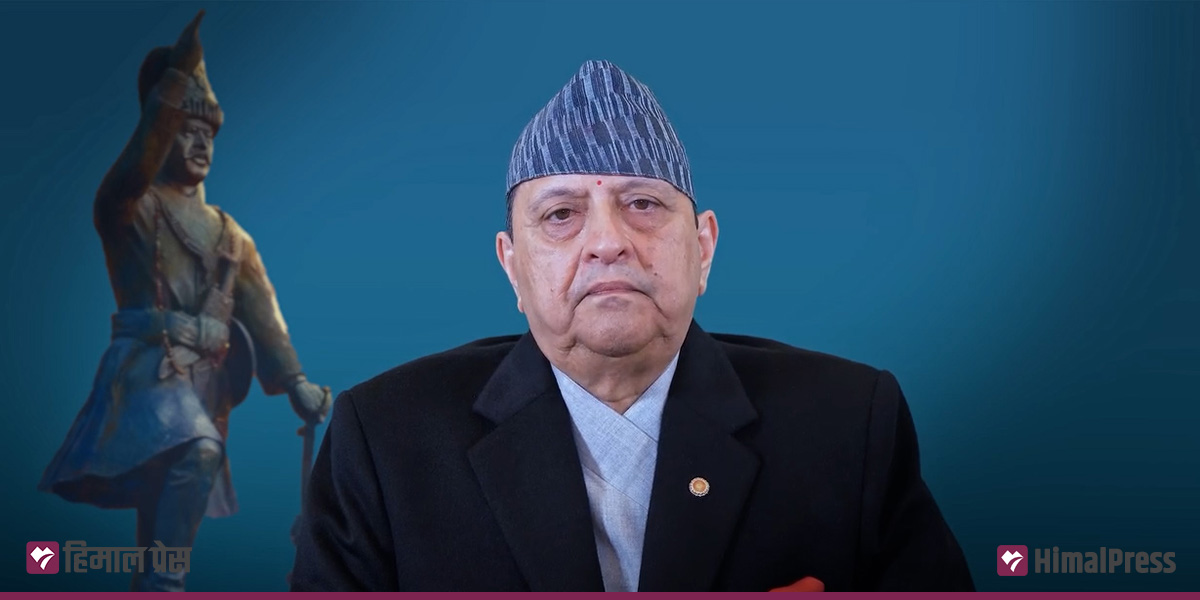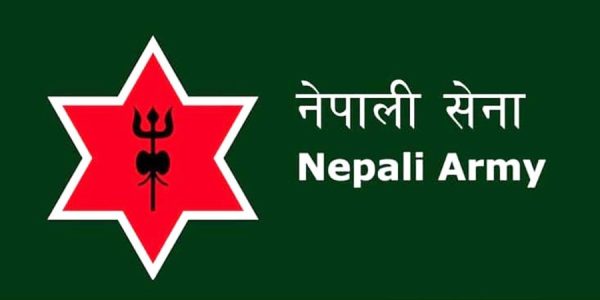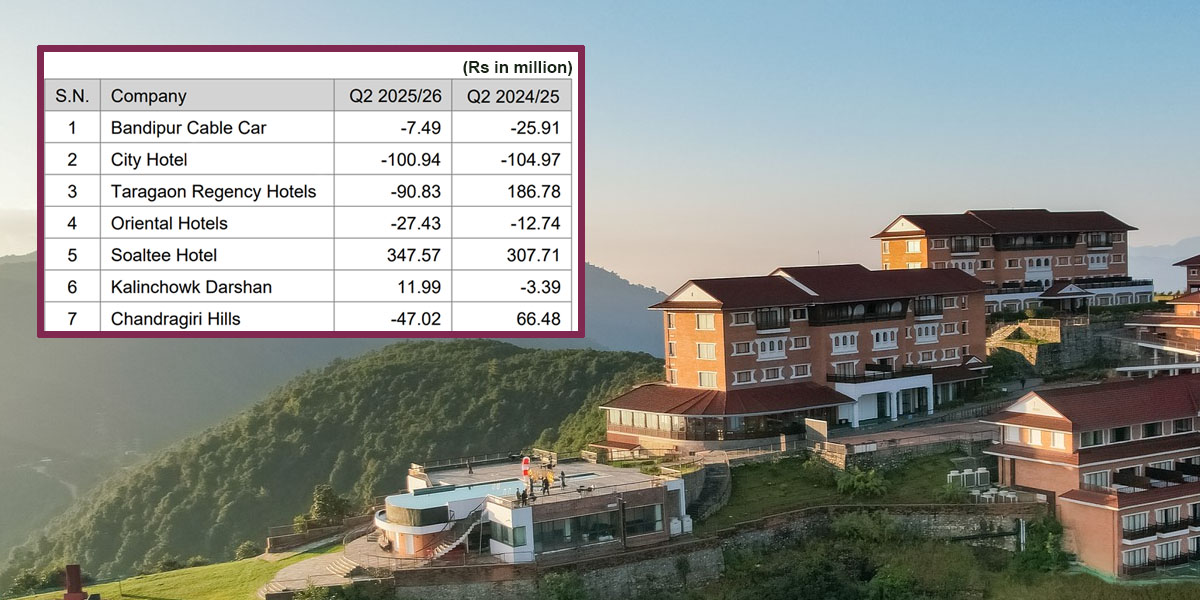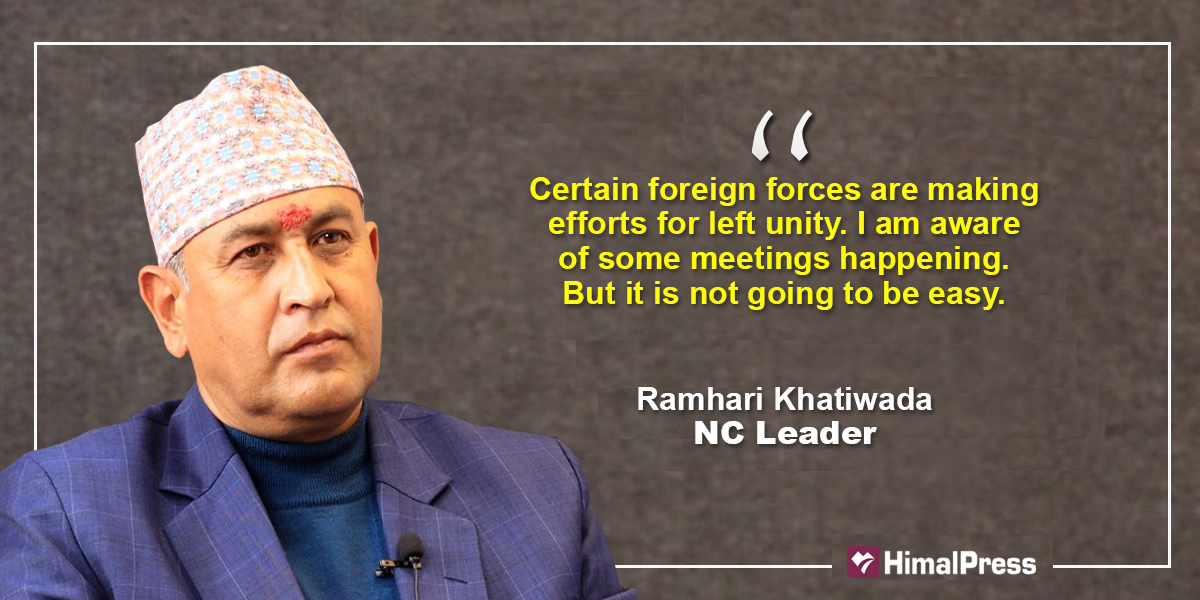
Ram Hari Khatiwada, the Member of Parliament representing Okhaldhunga district, serves as the Chairperson of the State Affairs and Good Governance Committee in the lower house. In an interview to Himal Press, Khatiwada shared insights on the prospects of the ruling coalition, the performance of ministers in the government, and the initiatives undertaken by the parliamentary committee under his leadership. Excerpts:
Discussions have begun regarding the future of the ruling coalition. Is the coalition coming to an end?
There have been some recent issues recently. I talked about Minister Sudan Kirati in parliament. Others are talking about Minister Mohan Basnet’s involvement in the Teramocs procurement. These issues have also been raised in the National Assembly meeting. Given these developments, it is natural for some to believe that all is not well with the ruling alliance. While there are some shortcomings within the coalition, it does not signify imminent collapse. Raising the shortcomings of the government is the responsibility of parliamentarians, and that is precisely what we are doing. The alliance has not been affected and it will not be. Leaders can voice their concerns, but it won’t make any impact. The foundation of the current ruling coalition is robust, and it will continue till the next election.
There is speculation in political circles about the strain on relations between Nepali Congress President Sher Bahadur Deuba and external forces, and it is affecting the ruling alliance. What do you say?
Not at all. The coalition emerged from our internal dynamics and was not influenced by external factors. There were internal reasons behind the failure of the government with a two-thirds majority. I do not want to delve into the relationships of specific leaders. This coalition of two major parties enjoys support from several smaller parties. It is not as weak as others perceive. Moreover, it retains the goodwill of neighboring countries. There are attempts by certain foreign entities to promote left unity. I am aware of some meetings happening. But achieving left unity in Nepal is a challenging ordeal.
The possibility of left unity seems improbable as long as KP Sharma Oli remains a prominent figure, primarily due to his bitter words. It feels bad when he spits venom against his contemporaries. Leaders like Madhav Kumar Nepal, Sher Bahadur Deuba, and Prime Minister Pushpa Kamal Dahal have made significant contributions to the country’s progress. Constructive discourse, rather than denigration, is necessary to advance political discourse.
Many of these leaders are contemplating stepping back from active politics. Deuba, for instance, is ineligible to run for party presidency again, and Dahal has indicated his intention to make one final effort. It is necessary to foster a system that respects and honors their contributions while also nurturing the next generation of leaders. Since Oli isn’t even sparing his party leaders, how can we believe that he would bring leaders of other parties on board?
Is the fate of the ruling alliance being questioned due to the controversy surrounding the National Assembly chair?
The ruling alliance secured victory in the National Assembly election. Some problems were observed in Koshi Province. This occurred because some leaders of the ruling alliance were swayed by certain offers. All parties have such leaders. One cannot say that NC betrayed the alliance in the election. Since it was a secret ballot any leader could have voted for the opposing candidate. We failed to secure the election of a Maoist Center candidate.
The Maoist Center has supported the NC a lot in Koshi Province. The party relinquished positions such as Chief Minister and provincial speaker to ensure the election of an NC leader as Chief Minister. Perhaps, we needed to put more concerted efforts in Koshi Province. Both the Maoist Center and NC as well as other coalition partners should conduct internal studies regarding the election. are reflecting on the National Assembly dynamics in Koshi. Despite these deliberations, I remain optimistic that the ruling alliance will persevere.
Both NC and the Maoist Center are rightfully vying for the National Assembly chair. The Maoist Center is concerned that relinquishing the prime ministerial position to NC after a year might leave it without significant representation. Similarly, NC lacks representation in the Constitutional Council despite being the largest political party in parliament. A consensus could be reached with NC agreeing to surrender the National Assembly chair after a year.
There are speculations that issues raised during NC’s Mahasamiti meeting are affecting the ruling alliance. What are your thoughts?
The Maoist Center needn’t worry about NC’s internal policies, just as other parties refrain from interfering in the Maoist Center’s internal affairs. It is evident that the armed movement didn’t bring any benefits to the nation. Even Maoist Center Chairman Dahal has acknowledged this. That is why we all felt the need to initiate peace process. Hard the armed movement been beneficial, it would have endured. Unfortunately, Nepal went 10-20 years back due to the armed conflict. We just reiterated this fact in the Mahasamiti meeting.
Our primary adversaries are poverty and ignorance, and our ambition is to uplift people and foster awareness. By fostering unity among all political parties, we aim to strengthen democratic values and traditions. Our political agenda isn’t tailored for any specific party. We have not crafted our document to denigrate anyone; it is a reflection of reality. Regarding the alliance, our general secretary’s proposal clearly states that the alliance could continue for the full term of four years, and that no alliance will be formed after that. Even the Maoist Center has expressed its intent not to contest elections through alliances. All parties should show the courage and share this sentiment.
Can ministers be replaced if necessary?
That may be the case with some controversial ministers. Some ministers are merely seeking cheap popularity through stunts. I do not intend to criticize anyone personally, but ministers should engage in introspection.
President Deuba has announced that ministers will be reassessed after completing one year in the government. With about a month left, the president may extend the tenure of certain ministers. However, there is no point in retaining ministers who fail to deliver on their responsibilities.
There has been notable criticism directed toward Minister for Finance, Dr Prakash Sharan Mahat. What is your comment on this?
The current finance minister doesn’t seem to have any malicious intent. Different individuals have different working styles. Not every finance minister can emulate the successes of figures like Dr Ram Sharan Mahat. Dr Baburam Bhattarai also performed well in the foreign ministry. We need to praise his performance. The current finance minister may not possess the same capabilities as former minister Dr. Yubaraj Khatiwada. Maybe there are some shortcomings in his approach. However, it doesn’t appear that the Prime Minister is significantly dissatisfied with his performance.
Could you please provide an overview of the activities of the house panel that you chair? Some claim that the government is not implementing the directives of House committees. How true is this?
As you all know, the Prime Minister initiated an investigation into the sale of Ncell as per the direction of our committee. Additionally, the government conducted an inquiry into the Balkumari incident based on the committee’s directives. The inquiry panel said in its report that the incident occurred due to the negligence of the minister.
We have become successful in combating human trafficking by a racket at the immigration office of TIA. Moreover, the committee has consistently urged the government to address the needs of Jajarkot quake victims. Likewise, works on the fast-track road project accelerated following our direction to the Chief of Army Staff.
Our committee not only issues directives but also conducts monitoring and follow-up. Our policy dictates that people making mistakes should not be exempt from accountability. We try to make unanimous decisions to prevent political interests from influencing our deliberations.
There are concerns that the money laundering unit under the Prime Minister is being used to target political rivals. We believe that government actions should adhere to the rule of law, ensuring that no individual is subjected to intimidation.
Private sector leaders have voiced grievances about unnecessary obstacles from tax administration officials. I recently summoned the officials from the money laundering unit and the tax administration in the House committee to address these concerns raised by the private sector.

